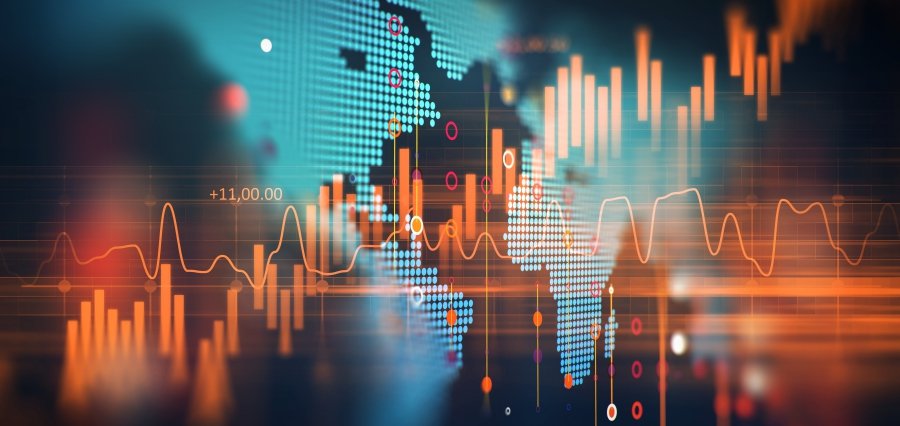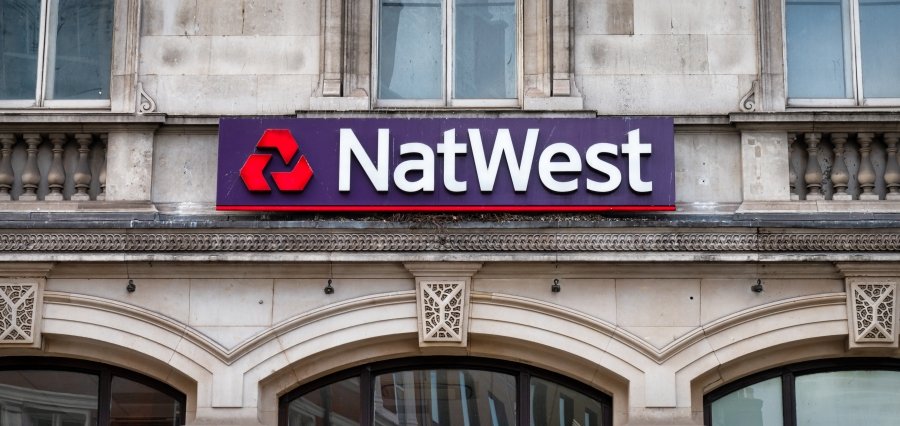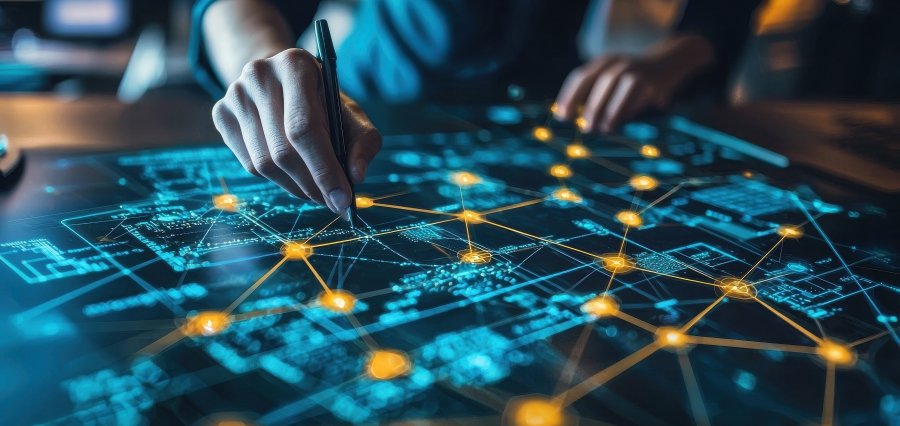Prime Highlights
- A federal judge for a United States court held in Meta’s favor, finding use of copyrighted books to train AI models is “fair use.”
- The ruling provides a key precedent for generative AI work based on copyrighted content.
Key Facts
- 13 authors sued, including Sarah Silverman and Ta-Nehisi Coates.
- The judge decided by summary judgment, avoiding an entire trial.
Key Background
In a historic ruling that could chart the future course of artificial intelligence and copyright law, U.S. District Judge Vince Chhabria held that Meta did not infringe on copyright law in using copyrighted books to train its large language models (LLMs). The ruling was on a complaint filed by a group of 13 writers who alleged their works were being exploited without reason to build Meta’s AI model, LLaMA.
The court decided that Meta’s use of the materials was “fair use” of U.S. copyright law. He explained that the use was transformative and did not replace the original works in the market. The authors, the decision said, failed to demonstrate that the product of AI damaged the market for their books or was a direct replacement for their original work.
The plaintiffs had objected that Meta had reproduced their work from unauthorized sources, better known as “shadow libraries,” and used them without payment or license. But the court ruled that mere evidence of unlicensed copying was not enough. What the judge did not have, he said, was evidence of real economic harm or market displacement, an element necessary in fair use determinations.
While this ruling is a decisive win for Meta and a morale builder for the rest of the AI industry, the judge was quick to point out that it is hardly a general imprimatur on all such conduct. He suggested that future lawsuits with better evidence, especially concerning the economic effect which generative AI has upon creatives, might have very different results.
This ruling makes a landmark precedent, but it also assures legal wars over AI training data are anything but over. With ongoing advancements of generative AI, courts will have the responsibility of determining the limits between innovation and intellectual property rights.









